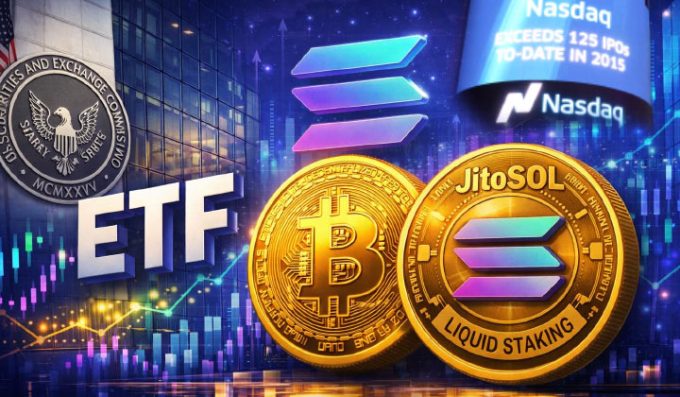Crypto Adoption Rising with Economic Uncertainty & Institutional Interest
By Vishakha Thakur
A recent report by MatrixPort projects that crypto penetration in global markets will reach nearly 8% by 2025, driven by growing institutional interest and rising economic risks.
The report highlights how countries like Argentina and Venezuela are struggling with
hyperinflation and currency devaluation have seen significant increases in Bitcoin usage for both transactions and savings.
U.S.-domiciled companies are also leading the charge in corporate Bitcoin holdings. According to River Financial, these companies account for 49.3% of business Bitcoin reserves, collectively holding around $19.7 billion in BTC.
Meanwhile, in a striking development, Bhutan—a small nation with a GDP of about $2.4
billion—has mined 13,011 Bitcoin, worth over $780 million, representing nearly a third of its
GDP. Research firm Chainalysis released its 2024 Global Crypto Adoption Index, ranking India first out of 151 nations in overall crypto adoption. India is followed by Nigeria, Indonesia, the U.S., and Vietnam.
Talking about Institutional Investments and Bitcoin Adoption….Global institutions, including major asset management firms and banks, have significantly increased their investments in digital currencies. BlackRock, for example, continues to expand its Bitcoin-based investment products, helping make Bitcoin more accessible to both retail and institutional investors. Major firms like MicroStrategy , Block.one , Tether , BitMEX , and Xapo collectively hold 559,000 Bitcoin, underscoring the confidence large corporations have Bitcoin as a long-term store of value.
Several pension funds and endowments also announced substantial Bitcoin purchases in 2024, reflecting growing institutional confidence in the asset as a hedge against inflation and a method of diversifying treasury reserves. Well, the businesses too are adopting Diverse Bitcoin Strategies. This trend extends to mainstream commerce, with companies like Starbucks and Microsoft accepting Bitcoin payments through platforms like Bakkt, further cementing Bitcoin’s role in the global economy. Similarly, Block plans to invest 10% of its gross profits from Bitcoin-related products directly back into Bitcoin.
The surge in Bitcoin adoption is fueled by uncertainties in traditional financial markets and
inflationary pressures globally. As businesses and individuals seek protection from currency
depreciation and economic instability, cryptocurrencies like Bitcoin offer a decentralised
alternative to the traditional financial system, providing both investment security and a hedge
against inflation. The rise in adoption across various sectors, from institutional investments to everyday transactions, demonstrates that Bitcoin is becoming an integral part of the global financial ecosystem.
You need to login in order to Like













